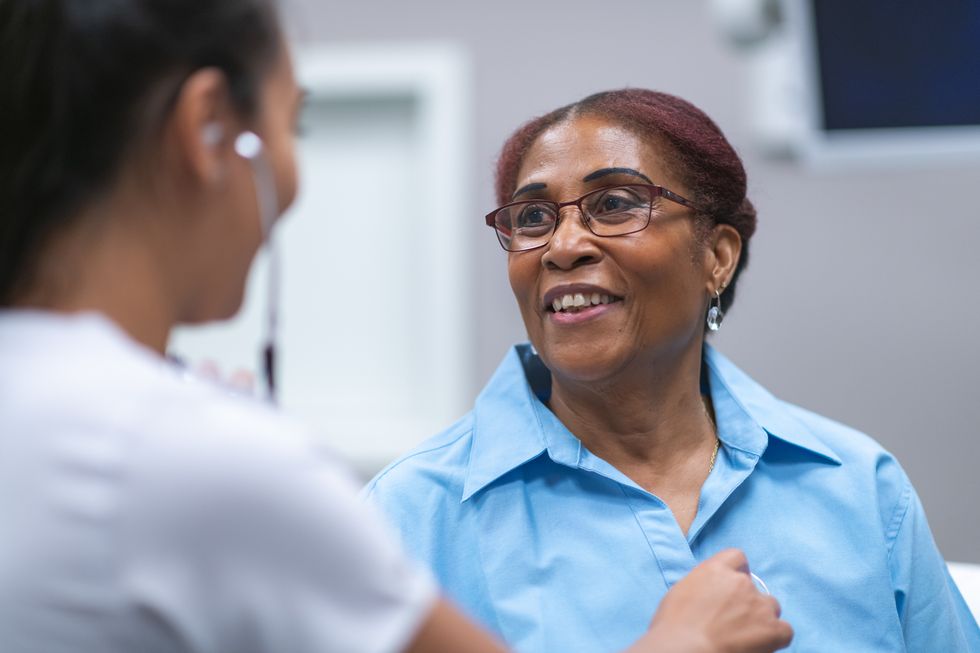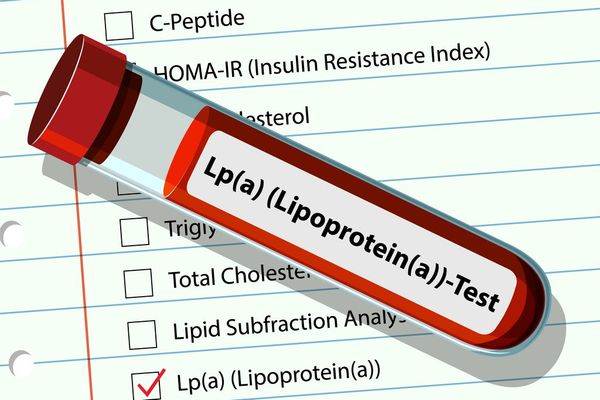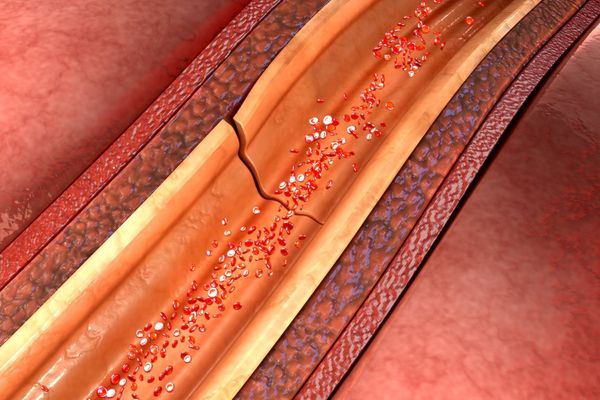Some diseases, like breast cancer and ovarian cancer, are clearly women's health issues. But there are plenty of other conditions that you ought to be concerned about, even if they have nothing to do with your biological sex.
Heart disease belongs at the very top of that list.
Heart disease is the no. 1 killer of both men and women in the U.S., yet only 56 percent of women are aware of that fact. Even if you've heard that stat before, the implications still might not have fully sunk in yet. In fact, a woman's risk of a heart attack being fatal is actually greater. One possible reason: Women are less likely to realize that they're having a heart attack and seek prompt care. Meanwhile, some physicians may be less likely to correctly diagnose heart disease in women, though that's (fortunately) starting to change.
At HealthyWomen, we believe that you are your own best health advocate and that to get excellent care you need to partner with your physician and you engage in shared decision making. That's important whether you're taking steps to protect your health or are currently in need of treatment. In either situation, it can't happen if you don't have the information you need to make informed decisions.
To that end, your doctor should certainly help educate you about your personal heart disease risk; factors including your family health history, blood pressure, cholesterol, and whether you smoke or have diabetes are all critically important. But you should educate yourself, too.
Here are some important facts that every woman should know about heart disease:
- Heart disease kills 1 in 5 women in the U.S.
- Heart attacks often manifest differently in women than men. You might experience chest pain, but sudden weakness, shortness of breath, vomiting, and discomfort in your back, arm, neck, or jaw are also common warning signs.
- A heart attack isn't your only cardiovascular threat. Heart failure (in which the heart muscle becomes so weak that it can't efficiently pump blood) and arrhythmias (irregular rate or pattern) should also be on your radar.
- Five key numbers can tell you and your doctor lot about your heart health, so make sure you know your blood pressure, cholesterol, blood sugar, and body mass index (BMI):
- Blood pressure: Aim for less than 120/80 mm Hg
- Cholesterol: Ideal normal total cholesterol is below 200 mg/dL; LDL (the "bad" kind) should be less than 100 mg/dL and HDL (the "good" kind of cholesterol) should be 60 or higher
- Blood sugar: Normal A1C is below 5.7; normal fasting blood sugar is less than 100 mg/dL
- Body mass index (BMI): Normal is 18.5 to 24.9 (You can calculate yours here.)
Most importantly, remember to speak up: research published in the Journal of the American College of Cardiology found that more than 70 percent of women almost never raise the issue of heart disease with their doctor because they assume the provider would bring it up if there was a problem. Meanwhile, physicians say they often don't bring up heart disease prevention because they're focused on treating patients' more pressing health issues—or because patients don't report their heart-related symptoms to them.
If you're experiencing any problems that could be related to heart disease—maybe you've been getting more winded walking up stairs lately or have been extremely tired for no apparent reason—be sure to tell your doctor. Ask your doctor to calculate your 10-year heart disease risk score and use the results to figure out which screening tests and preventive measures (ranging from lifestyle changes to taking baby aspirin or a statin medication) may be worth considering.
To learn more about how to protect your heart, visit our HealthyWomen Heart Health Center and learn important information about heart disease in women here.
***
Christine Verini, RPh, is HealthyWomen Board Chair and Chief Operating Officer for CancerCare, a 75-year-old nonprofit focused on providing free, professional support services and information to help people manage the emotional, practical and financial challenges of cancer. Recently named to the PharmaVOICE Magazine's 100 Most Inspiring People list, recognizing those who have made important contributions to the life-sciences industry, Ms. Verini previously served as Vice President of Corporate Communications and Advocacy at Eisai, a pharmaceutical company, where she was instrumental in creating Magnolia Meals at Home, providing meals at no cost to eligible patients and families living with cancer.






